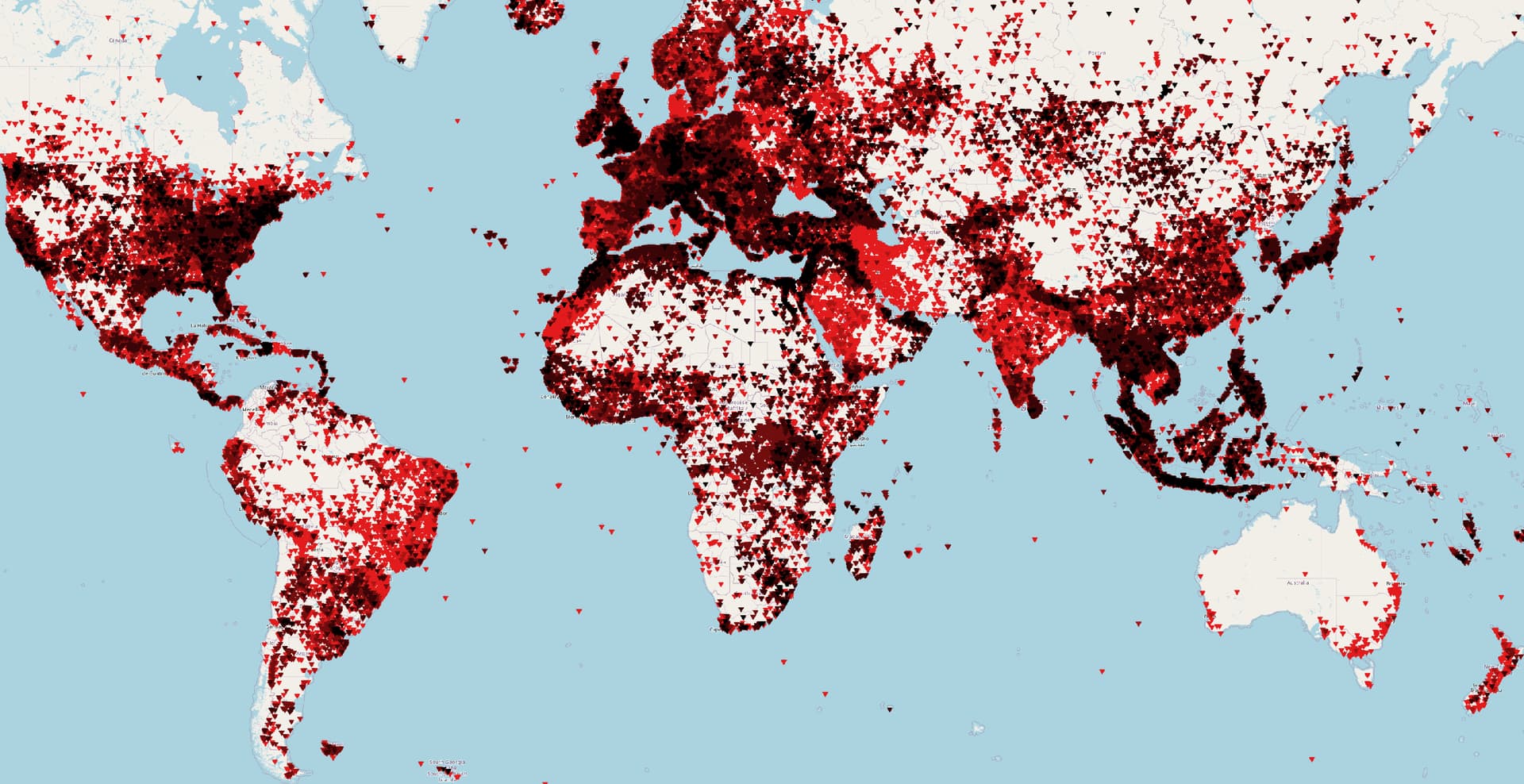Anonymous notes are not a problem at all.
There are many notes from registered users with useless text (opinions, personal data, temporal stuff, ads) and lousy location, even when they have photos or GPX trace (a new StreetComplete option). Therefore, the problem is not whether the note is anonymous or from a registered user; the problem is about its content and how helpful it is to perform a map change to be considered feedback.
Note location cannot be granted as exact. The GPS from mobile devices is approximate, and the mapper who solves notes should be aware of this.
Anonymous notes from a form like OnOSM are good because the map user should have filled in the fields before submitting it. In this case, there was a filter before creating the notes, and it takes time to place the note and then fill in all the fields. And I know the Iranian fork issue (It was me who identified that issue while solving notes in the middle of the ocean), but this is a side issue for OnOSM.
Instead, identifying the application that created the note could give an idea of whether the note was created on the field or remotely (for example, from the armchair mapper computer). Knowing the application could provide an idea about the precision of the note and if the note was just an aerial analysis or a real validation on the ground. I have created GitHub issues on many applications, and they have started to include a hashtag as part of the note creation. However, the bureaucracy of the OSM website and its slow response have yet to include the hashtag. This is a list of notes that its source application can be identified.
- 1016 - EveryDoor
- 21 - LocusMap
- 236 - MapComplete
- 451041 - Maps.me
- 24447 - Mapy.cz
- 452 - msftopenmaps
- 124273 - OnOSM.org
- 158 - OnOSM.OSMiranorg
- 9004 - OrganicMaps
- 1665 - OsmAnd
- 446525 - StreetComplete
Forcing a map user to register in OSM to write a note will lead to a drop in the user’s motivation to give us feedback.
One thing in favor of notes from registered users is the ability to write a message to its creator. However, I have yet to see this especially useful. In LatAm, we have prepared a good message as part of the closing notes process, and we have closed thousands of notes, but we have seen just a few reactions to this message. So, this is not a persuasive argument for the non-anonymous notes. OSM internal messaging system is important for the mapper community (all of us who are reading this message), but not the people who use the map (OSM messages are redirected by default to SPAM in main email providers). I have written hundreds of messages to different users for several reasons and received few responses, only from real mappers.
Also, let us remember that creating an OSM account is simple; it just needs an unused username and a real email, but anyone can have multiple email accounts. In any case, this is not a strong filter, and it is prone to vandalism.
The OSM database has the IP of each comment including including the opening one, but this value is not available via API or daily Planet dump. This could help us to find the origin of those wrong notes. However, I wonder why IP should remain secret for all notes. (If there is secrecy, the note can be reported and hidden from the public).
OSM is a flexible map, unlike other commercial or official maps. Anyone can add something to the map; OSM has no contribution levels. This is another reason there are many fundamental issues on OSM, but that is also part of the beauty of this project, and that is why many people have started to contribute (not like the rigorous process of Wikipedia, where contributing is no longer fun) without cartography knowledge.
Another problem is the old notes, no matter if a registered user created the note 10 years ago or if it is anonymous (the registered user could have forgotten the note or does not have access to the email). The problem is if the note is still valid. This isn’t easy to figure out, and each community must make decisions about them; it could be like analyzing them and closing them mechanically. Let us remember that the OSM database also holds POIs dating back ten years ago that are not valid, and no one has complained that much about them (StreetComplete is trying to solve this by adding an extra tag – check_date).
The real issue behind this is the community of mappers (many of us) that still need to process notes of our territories, and many countries have hundreds of thousands of open notes. And we are trying to find a way to get rid of them, even by hiding or removing them.
The real solution to this problem is to try to keep ZERO open notes. That is why in LatAm, we have Notathon sessions, when we gather online to close the notes of our countries, and this has had a beneficial effect; Ecuador and Cuba are significantly reducing their number of open notes with just a few mappers. Another important thing is to monitor its area: Check new notes constantly, check recent changesets, welcome new users, etc.
Let us follow the examples of Chile, Taiwan, or Australia, where a note is processed in less than a month. In Colombia, we are trying to follow their example, but it has not been easy with a couple of mappers, and that is why we always invite to close notes as part of the mapping learning process for new mappers
